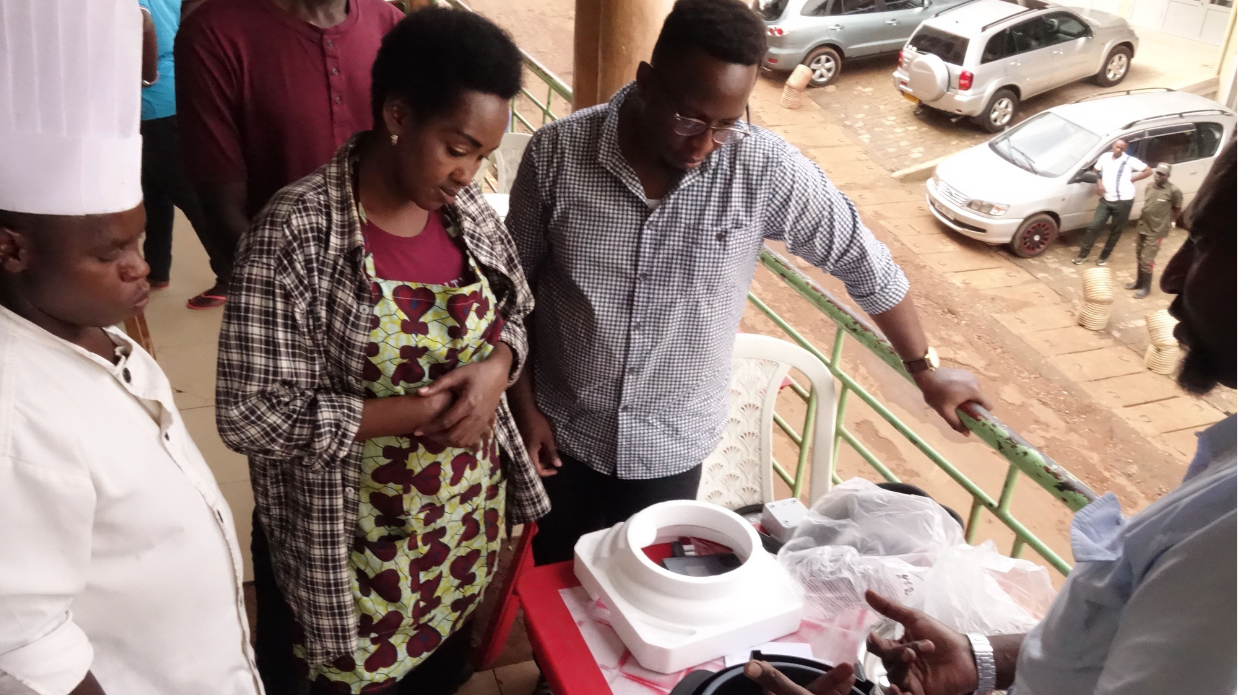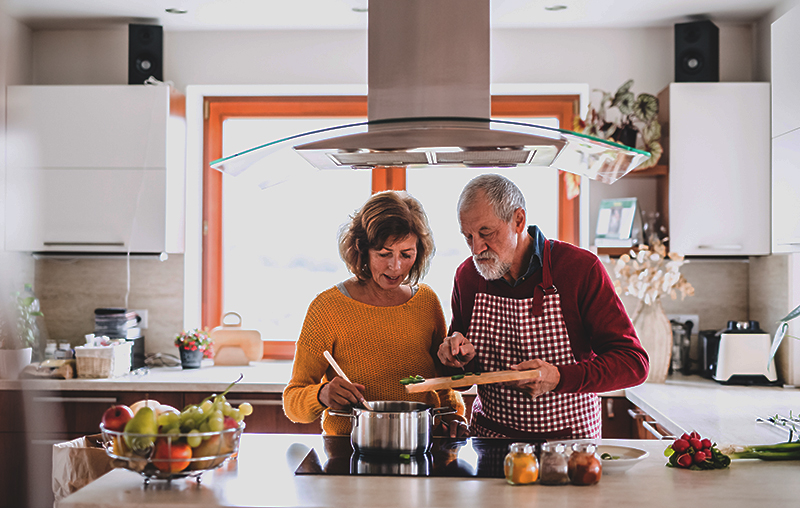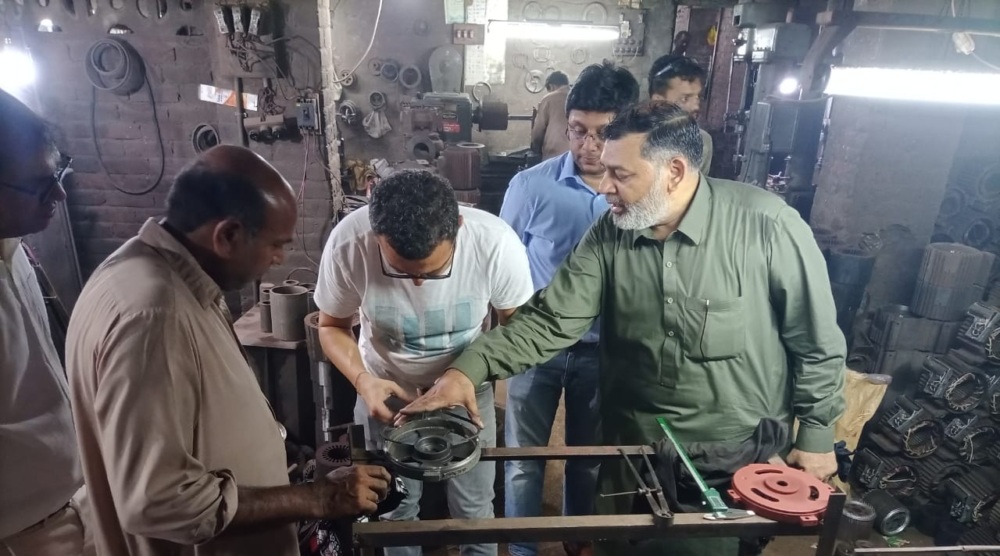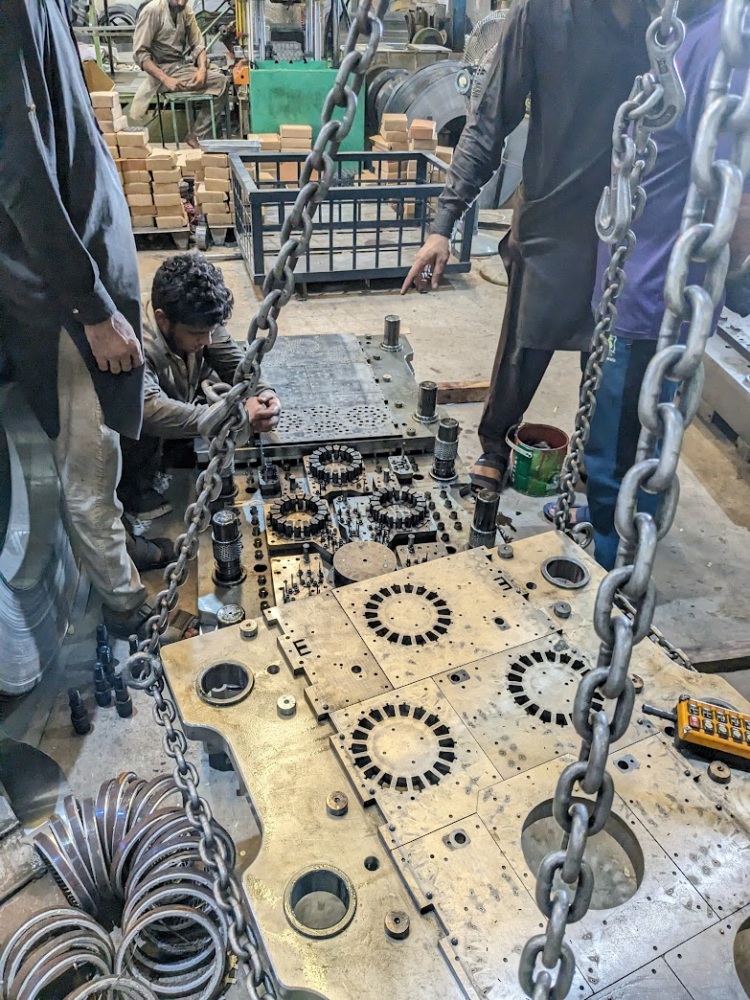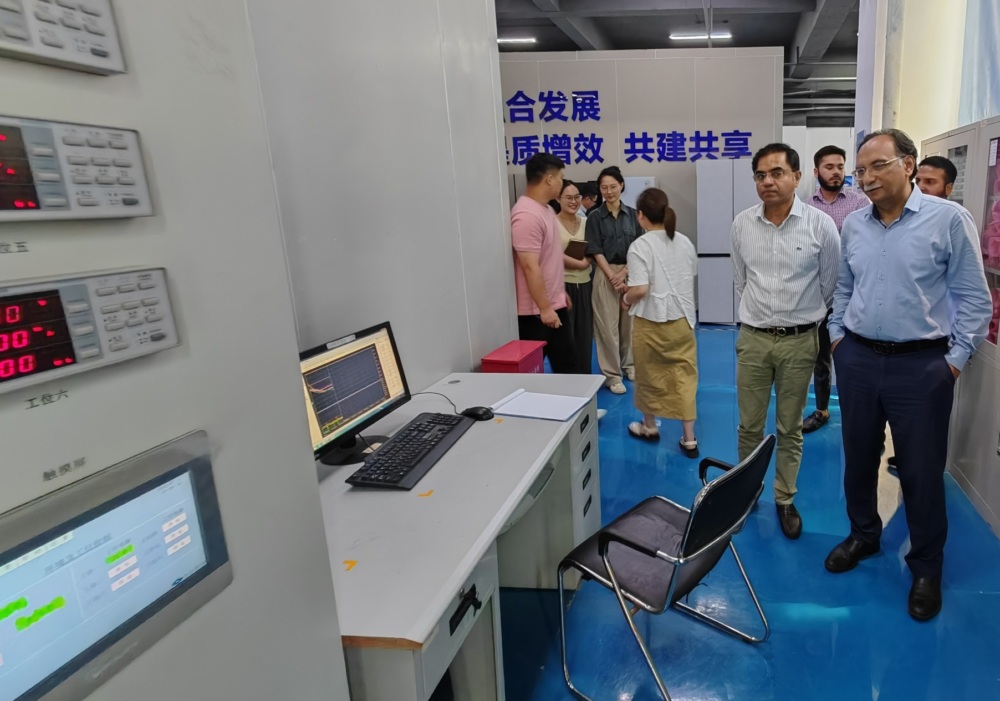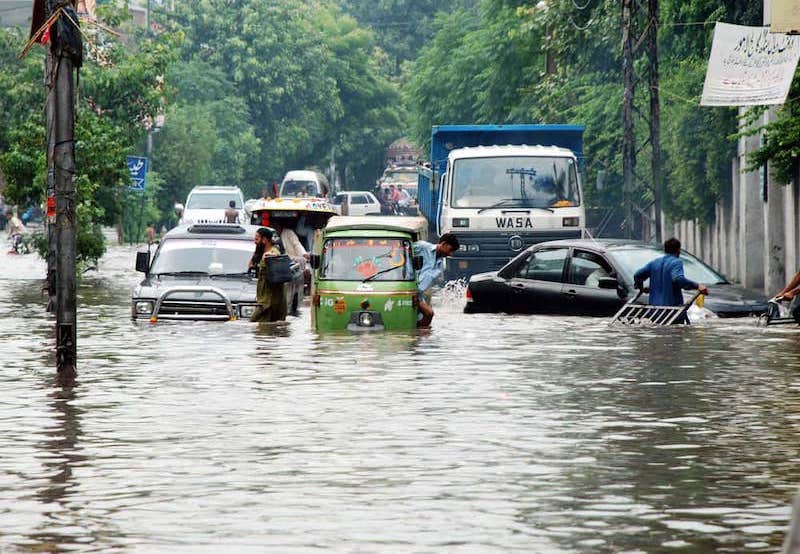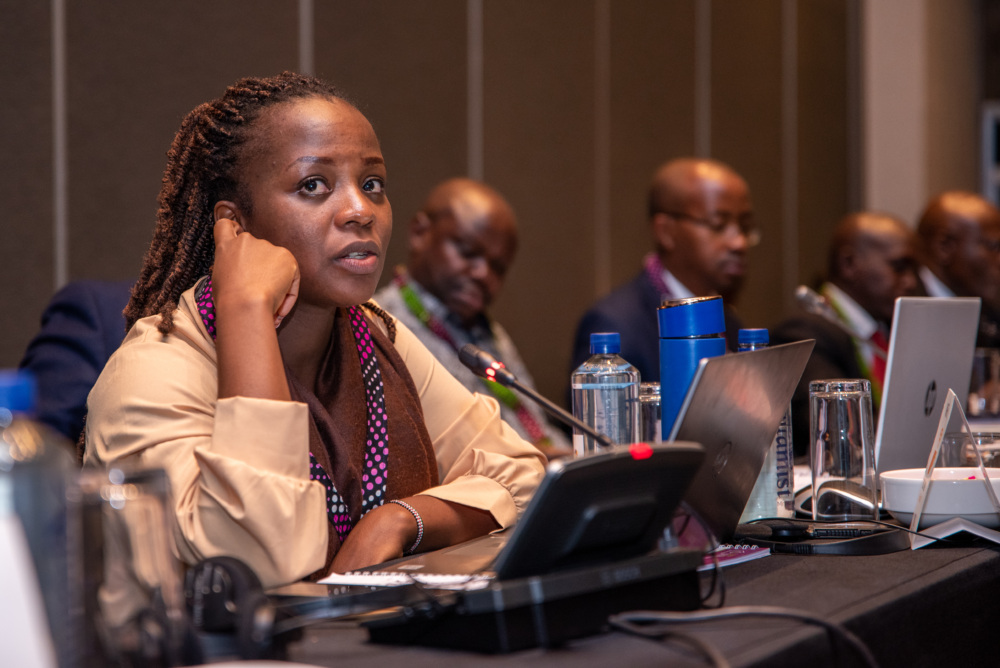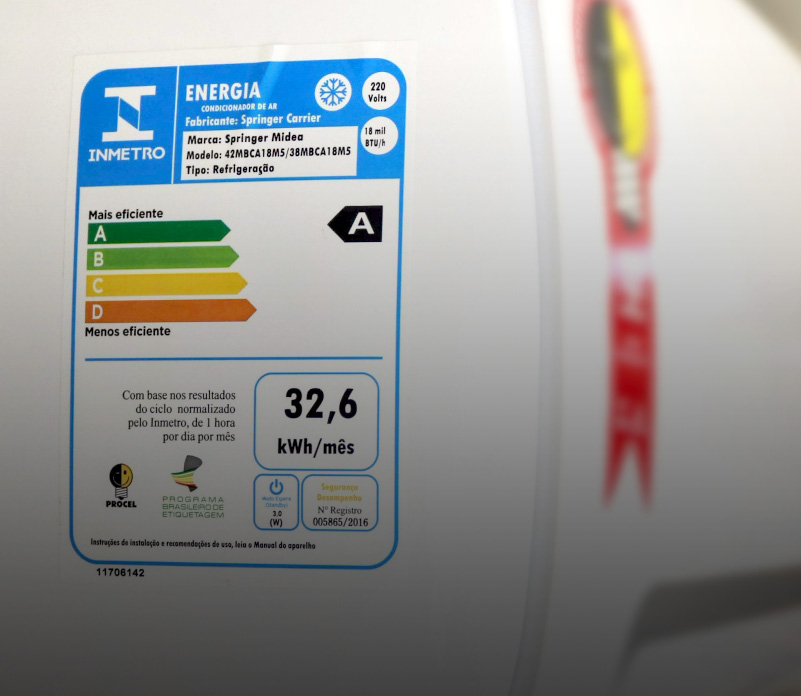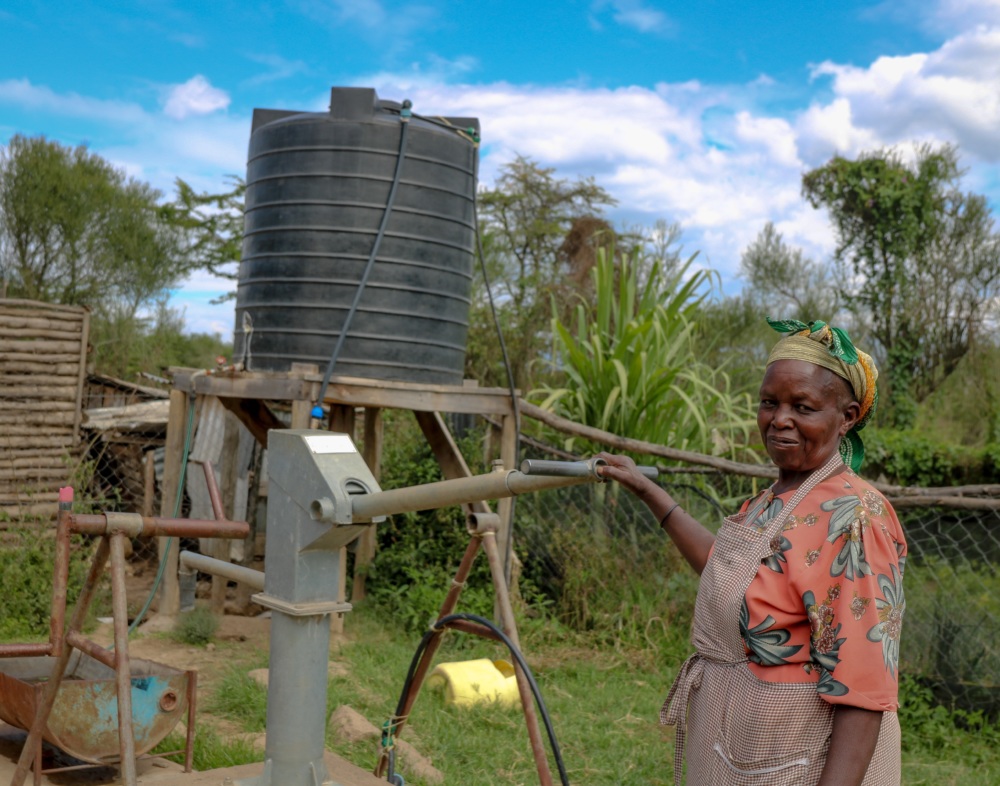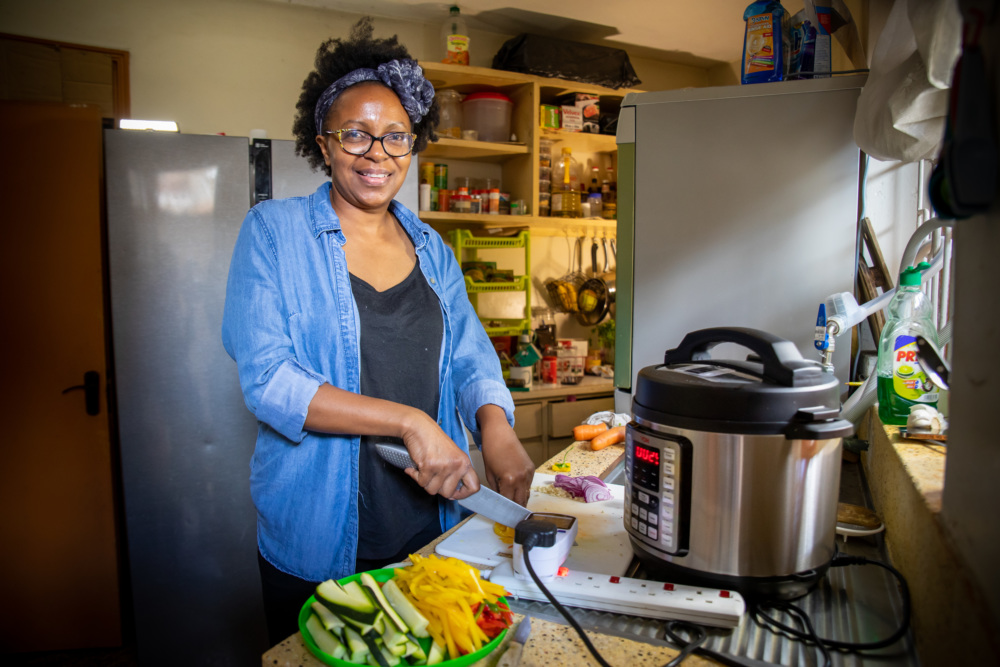For a busy Kigali restaurant, a safer way to cook
In Kigali, Rwanda, the CLASP team introduce electric pressure cookers, a clean cooking appliance, to a busy restaurant.
Every day at lunchtime, dozens of hungry customers find their way to Chez Clémance, a small restaurant in Kigali, Rwanda. In the back of the shop, owner Muhimpundu Clémance and chef Nsengiyumva Célestin would traditionally have prepared their most popular dishes — meat, rice, beans, and yams — over charcoal fires.
But while their delicious food keeps patrons happy, this cooking method generates air pollution, damaging the environment and posing a health risk for staff. What’s more, the flames present a fire hazard.
Testing clean cooking solutions
Electric pressure cookers offer many benefits over cooking on charcoal. Durable, safe, and affordable, they lessen exposure to harmful air pollutants, lowering cooking costs while reducing deforestation and the burning of fossil fuels.
To understand how these appliances would perform in a busy commercial kitchen, CLASP and Sustainable Energy for All (SEforALL) selected Chez Clémance to field-test two electric pressure cookers over a period of four months. CLASP’s team set up the cookers, along with monitors designed to measure their efficiency. The researchers are also surveying the business owners to understand whether these appliances are a good fit for their needs.
For a busy Kigali restaurant, a safer way to cook
Measuring efficiency and business viability
While laboratory testing gives a glimpse of appliance performance in a controlled environment, it provides only a limited representation of how products operate under the rigors of real use. Field-testing like that underway at Chez Clémance is critical to measure the appliance’s efficiency over a set time. It can quantify time savings and additional income generated or saved, as well as calculate avoided CO2.
These measurements are particularly important in newly developing appliance markets where there may not be a history of appliance usage or community exposure to how appliances can impact the livelihoods of first-time users.
About the project
This project is part of the Productive Use of Energy Pilot Study in Rwanda, conducted by CLASP with the support of Sustainable Energy for All (SEforALL) and the World Bank. The appliances being tested are electric pressure cookers, electric bikes, solar water pumps, and solar powered fridges.
CLASP works enhance the access to affordable, energy-efficient appliances to improve the lives of people and reduce the impact on our climate.

